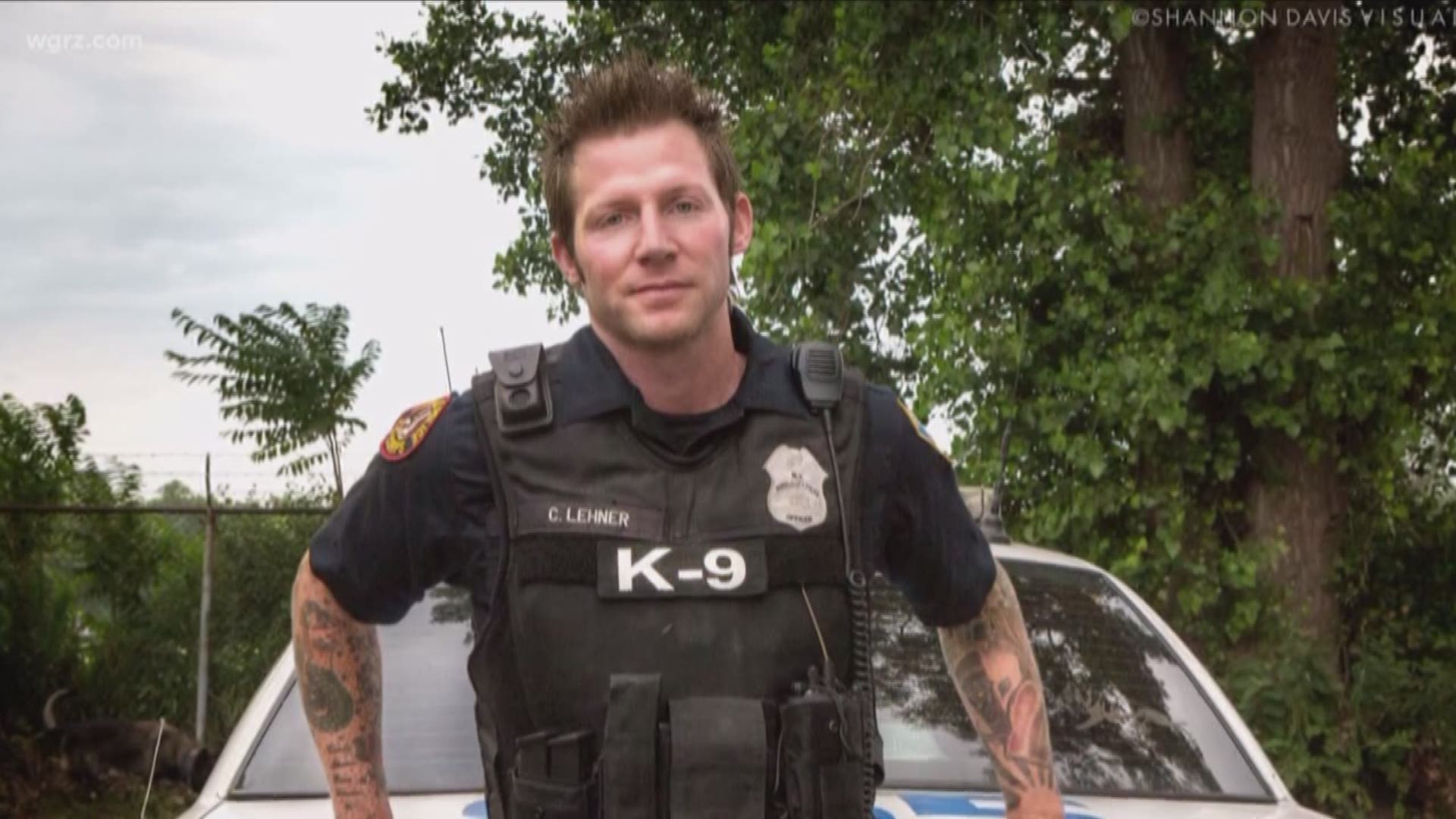BUFFALO - Five days from now will be exactly one year since Lt. Craig Lehner's drowning death in the Niagara River after a dive team training exercise on October 13, 2017.
This past Saturday, Buffalo Police released the Public Employee Safety and Health report, which outlines what went wrong that day. PESH is an agency under the NYS Division of Safety and Health.
2 On Your Side reached out to Lt. Lehner's family Monday to find out how they're reacting to the details of this report.
The family's lawyer, Aaron Glazer, summed up their reaction in five words, "The report speaks for itself."
The family's lawsuit alleges that Buffalo Police had not properly trained or prepared her brother for the dangerous conditions on the Niagara River which the complaint claims was moving too fast for training that day.
It also contends that the dive team leader was not certified to train and that Lehner didn't have necessary equipment which might have helped him disconnect from his tether.
The PESH report shows that Lehner's tether had gotten stuck on a large boulder. At some point, the tether broke. Investigators found marks on the portion of tether attached to Lehner's harness which show he had tried to cut the cable himself.
Police found his body four days later.
PESH found that BPD did not properly access all safety and health aspects of the training dive that day; from speed of the current to risk of entanglement.
State investigators also found the city in violation for not equipping Lehner and the other divers with reserve air tanks, for deficient line-tending from shore, and for failing to provide Lehner with self-rescue training.
"This was a tragic accident," said attorney, Steven Cohen, providing legal analysis for this story. "That being said, this PESH report does indicate negligence. Whether a jury finds that negligence to be approximate cause of death of Officer Lehner, is for a finder of fact...a judge or a jury."
Cohen added, "I think this requires some additional discovery to see if the negligence of the city, the clear negligence of the city, was in fact approximate cause of officer Lehner's death. And if that's found to be the case, after the evidence comes out, the city certainly should settle to prevent the family from having to go through an emotionally horrendous lawsuit."
Glazer said there has already been a pre-trial conference and the next step in this case is for the parties to take a look at the evidence, collect depositions, go through the necessary motions and then go to trial.
Since there is no scheduling order, Glazer says the family is prepared to wait several years before this case heads to trial. Cohen believes the earliest a case like this could be resolved in court is 2020.

